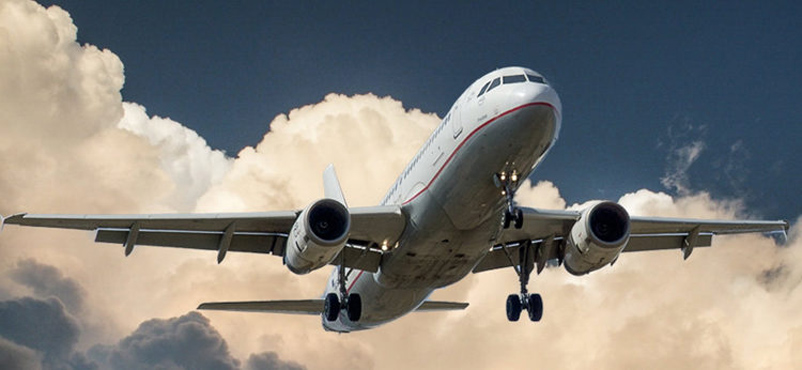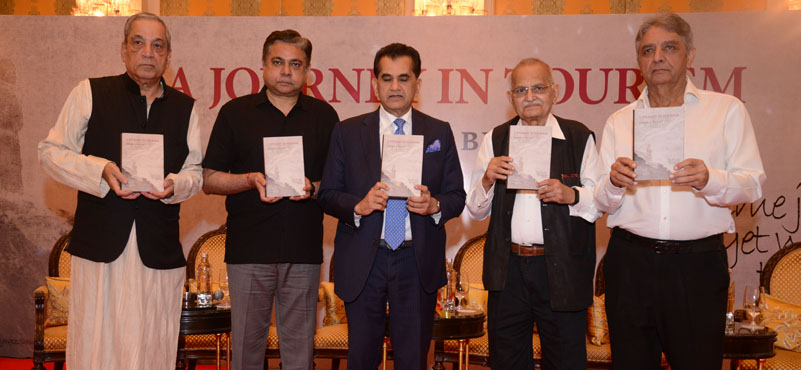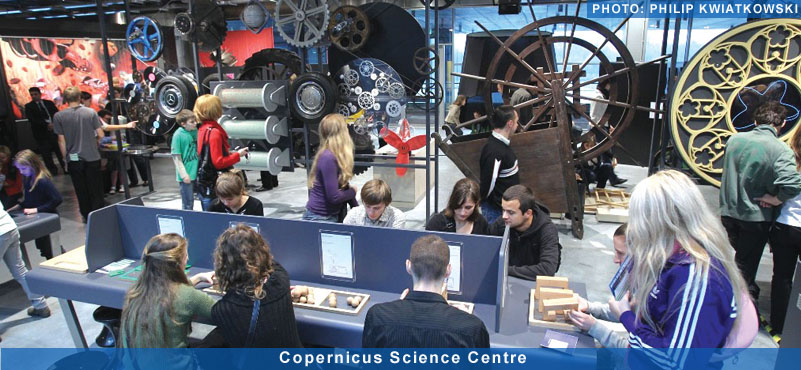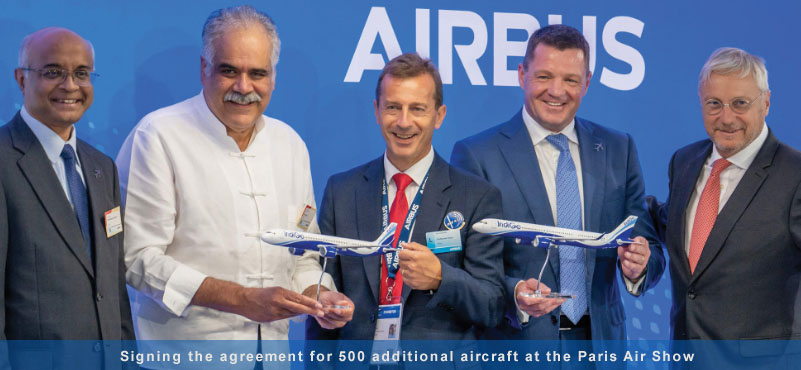With growth increasingly being driven by secondary and tertiary markets, localised content and regional languages are gaining prominence, says Aloke Bajpai, CEO and Co-Founder, ixigo. He believes that artificial intelligence, virtual reality, and speech recognition will simplify the way people travel and holiday. His take on big developments impacting travel and tourism in 2018.

CEO and Co-Founder, ixigo
Rise in first time flyers
2018 has seen a substantial increase in first-time flyers. Leading airlines have deployed new local routes and capitalized on the increased demand for leisure and corporate travel. Cheaper options, disposable income and increase in awareness due to travel tech platforms has led to people from tier 3 and 4 cities to choose air over train travel.
Social media fuelled tourism is on the rise, especially among the millennial audience. Technology has changed the way we travel. Smartphones, traveller comments & photos and social media platforms can all inspire and empower us to plan complex journeys all over the globe within minutes. It is not surprising that people are increasingly relying on social media content and networks to identify, evaluate and select their preferred tourism destination. A recent survey conducted by us revealed that 36% Indian millennials are skipping destinations which are not ‘insta-worthy’. Platforms like facebook and instagram are playing a major role in the decision-making process of millennials, especially when it comes to travel.
Vernacular, Voice, and localized content will play a significant role in the consumption of travel information
The next billion internet users in India, will not use keyboards but instead will rely on using voice as their primary UI. Voice-based searches are becoming popular and that the future of UI will be no UI at all. Voice assistants will be able to provide an end-to-end solution from searching to booking and even check-out. Users from tier 3 towns are using smartphones for the first time and do not know how to manoeuvre inside an app. Voice becomes an important element for them here which is why currently voice-based search in India is at 28% and of that 80% comes from the smaller cities.
Growth from tier 2 & 3 towns is also driving a massive shift in online travel which means catering to a different type of consumer in terms of content. This makes it essential for mass market apps to focus on offering regional languages and localized content, which will cover over 80% of the digital user base in India.
Digital assistants planning your travel
Artificial intelligence, virtual reality, and speech recognition are the kind of innovations that will slowly take over and simplify the way we holiday in 2019. Intelligent and personal AI driven voice assistants will be predominant travel companions in the coming year. A case in point would be, TARA, a voice-enabled, 100% AI-driven travel assistant launched by ixigo, to make travel planning and booking hassle-free. Along with faster access to information, people also want personalized experiences which is why travellers will embrace AI more readily in the coming year for a better travel experience.




































